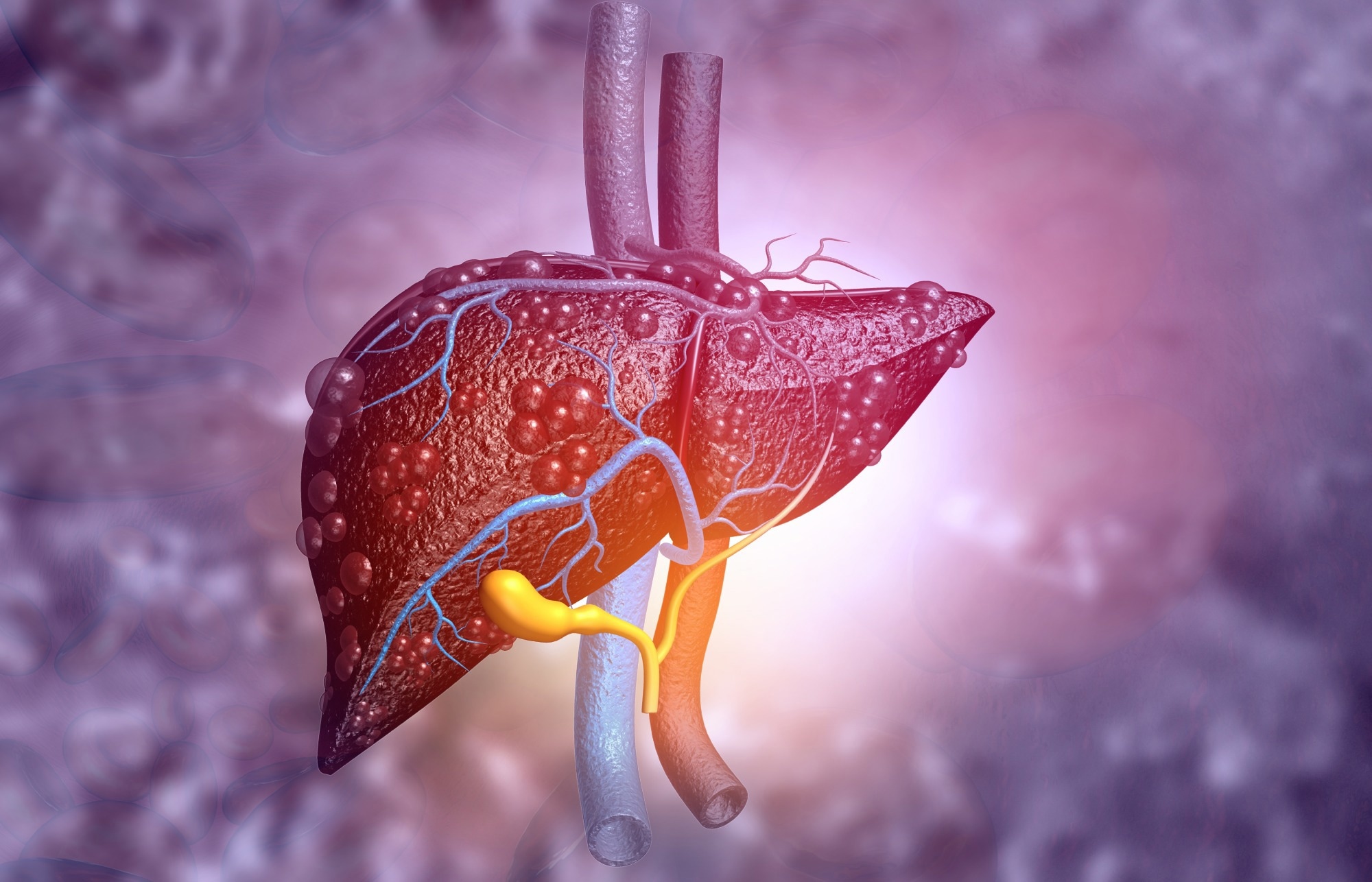A long-running debate in gastroenterology has been settled by WEHI researchers, who have shown that prevalent liver diseases are not caused by inflammatory cell death as previously believed. This information leads to a new treatment strategy.
 Image Credit: Explode/Shutterstock
Image Credit: Explode/Shutterstock
The research team looked at hepatitis B and non-alcoholic fatty liver disease, two liver conditions that impact millions of people globally, to discover what triggers their advancement.
Their unexpected discovery that liver cells cannot go through an inflammatory form of cell death known as “necroptosis” answers important concerns in the field and will direct the creation of new treatments.
The results, reported in Gastroenterology, provide light on the fiercely disputed role of necroptosis in developing liver diseases and offer fundamental understandings that will help refocus pre-clinical and clinical research in the future.
The Peter Doherty Institute for Infection and Immunity, the University of Queensland, and the principal investigator Professor Marc Pellegrini collaborated on the study under the direction of chief investigator Dr. Marcel Doerflinger, former WEHI Ph.D. Researcher Dr. Simon Preston, and Principal Investigator Dr. Marc Pellegrini.
Liver damage
The impact of liver diseases on the world’s health is substantial and increasing. With over 30% of the world’s population suffering from non-alcoholic fatty liver disease, there are more than 296 million Hepatitis B infections worldwide.
Necroptosis has been regarded by researchers thus far as being crucial in the development of many disorders.
Uncertainty existed around whether this type of cell death affected liver cells or immune cells that had invaded the liver in response to infections or harm from the diet.
We sought to address this research gap and define the role and relevance of necroptosis in common liver diseases.”
Dr Marcel Doerflinger, Chief Investigator, WEHI
The researchers used several preclinical genetic models of liver diseases, including hepatitis B, non-alcoholic steatohepatitis, and non-alcoholic fatty liver disease and its advanced form.
To investigate the implications on disease progression, the team removed crucial genes needed for necroptosis from liver cells called “hepatocytes.”
They discovered that the disease progressed about as much as it did in normal hepatocytes after removing these genes. This demonstrated that the development of these liver diseases was not influenced by necroptosis.
Dr Doerflinger added, “The liver is a vital organ due to its function in the body’s metabolism and detoxification. It is unclear why necroptosis is repressed in liver tissue, but we speculate it may be because the liver is constantly bathed in necroptotic signals such as gut microbial products, so limiting necroptosis could potentially protect the liver from excessive inflammation.”
Molecular mechanisms
The study also identified the molecular processes preventing liver cells from going through necroptosis.
After genetically analyzing samples of human liver tissue, the team found that hepatocytes are unable to manufacture RIPK3, a vital protein required for necroptosis.
The RIPK3 gene was blocked by methylation, a type of epigenetic alteration, which limited the genetic level of RIPK3 protein production.
“Methylation acts as a genetic blockade, preventing the body’s protein production machinery from binding to the DNA and building RIPK3 protein. As a result, without this essential protein to carry out its necroptotic function, the cell death pathway can’t be initiated,” added Dr Doerflinger.
The development of RIPK3 inhibitors for the prospective treatment of liver diseases, according to Dr Doerflinger, has gained steam, but their potential clinical applicability has been constrained by a dearth of fundamental knowledge.
Dr Doerflinger further stated, “These findings are a central piece of data that address many unanswered questions in the field that will guide future pre-clinical trials and clinical studies in this direction.”
Source:
Journal reference:
Preston, S. P., et al. (2022). Epigenetic Silencing of RIPK3 in Hepatocytes Prevents MLKL-mediated Necroptosis from Contributing to Liver Pathologies. Gastroenterology. doi.org/10.1053/j.gastro.2022.08.040